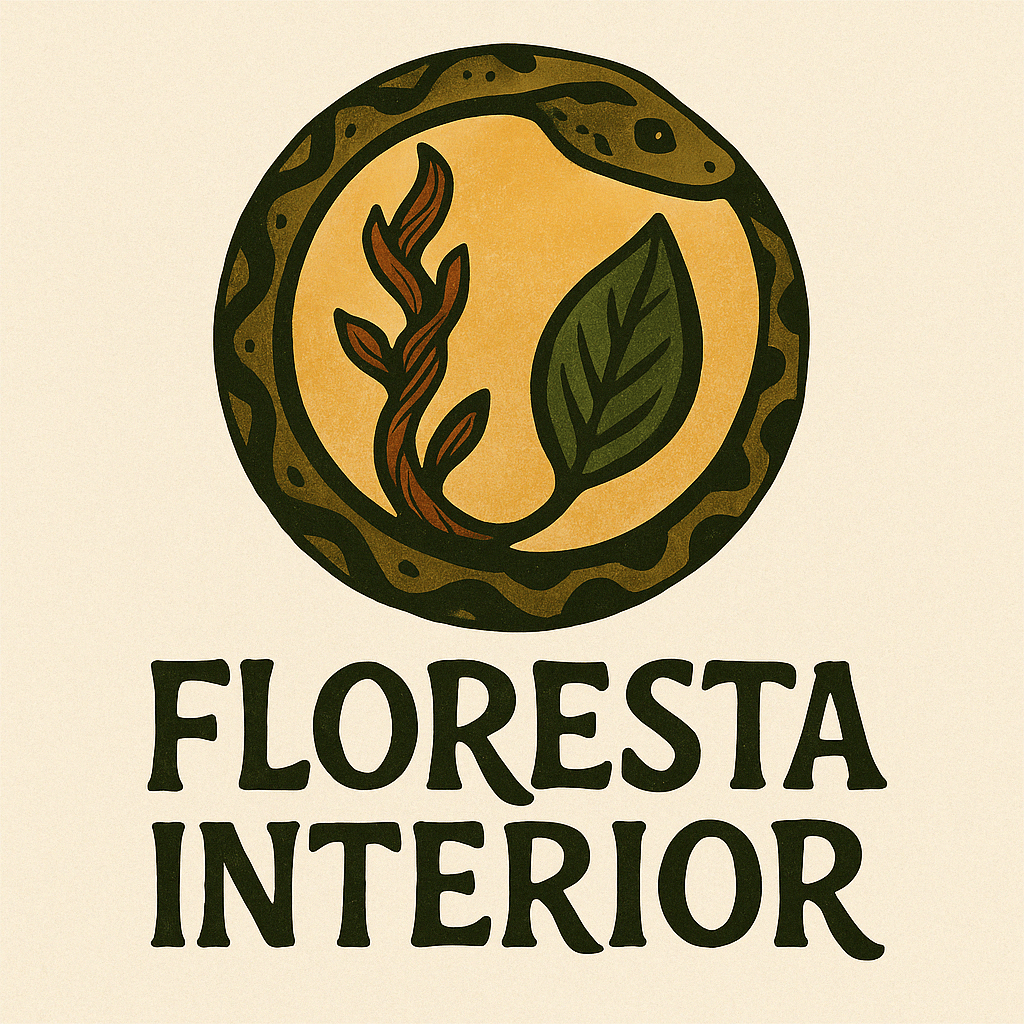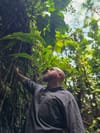Ancestral Wisdom and Modern Psychology: Allies in Transformation
Learn how psychology and sacred medicines can walk together toward a more integrative, respectful, and profound approach to care.
The reunion of two worlds
Modern medicine has made great strides in diagnostics and treatment, but often lacks connection to the more subtle dimensions of being. Ancestral medicines — such as Ayahuasca, Rapé, and psilocybin mushrooms — offer transformative paths grounded in spirituality, nature, and expanded awareness. When these two worlds meet, their potential expands.
Psychology as a bridge for integration
Contemporary psychology, especially in its humanistic and transpersonal branches, provides a powerful bridge to help individuals make sense of the deep experiences triggered by forest medicines. A psychologist familiar with these contexts can help decode symbols, support emotional processes, and guide the integration journey with clarity.
Honoring the traditions
Working with sacred medicines requires more than method — it calls for reverence, ethics, and deep listening. Indigenous wisdom holds knowledge that cannot be measured in labs but is revealed in the silence of the forest, in songs, diets, and dreams. Psychology must approach these traditions with humility, not domination.
When paths converge
More and more, we see therapists, doctors, and psychologists immersing themselves in traditional contexts and weaving those insights into their practices. This is not about replacing one system with another, but about creating conscious alliances in support of deep, meaningful transformation.
The future of care is integrative
The alliance between ancestral wisdom and modern psychology points to a more human, sensitive, and connected therapeutic future. A path where science and spirituality walk hand in hand, recognizing that we are made of body, mind, soul — and forest.

